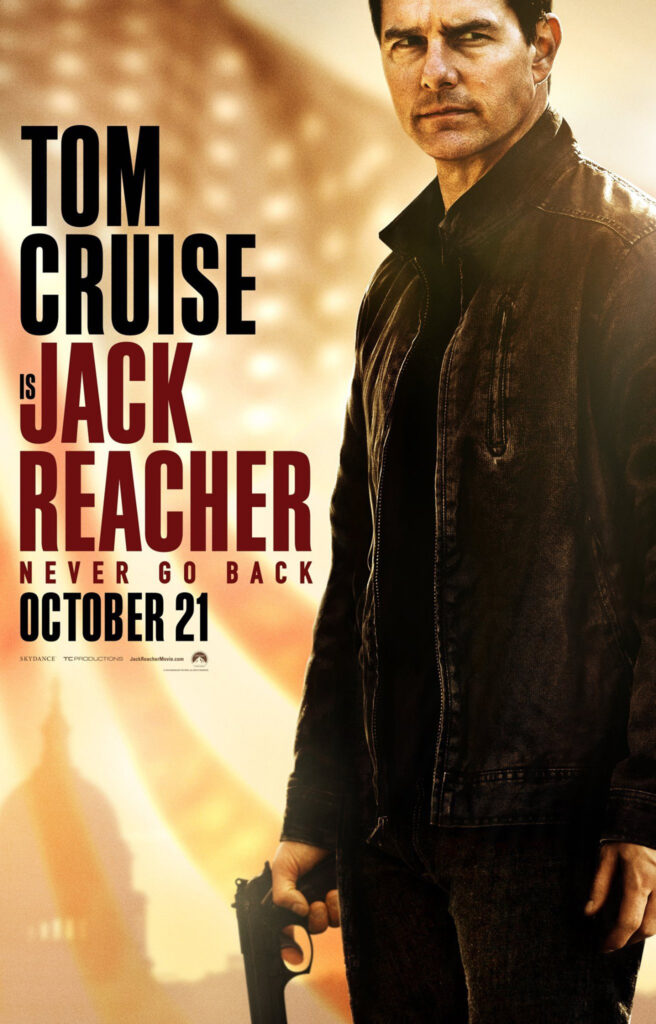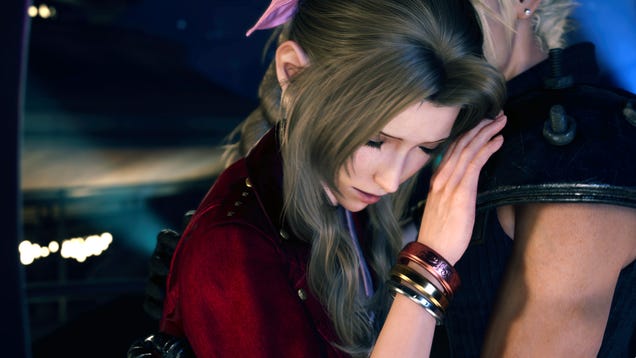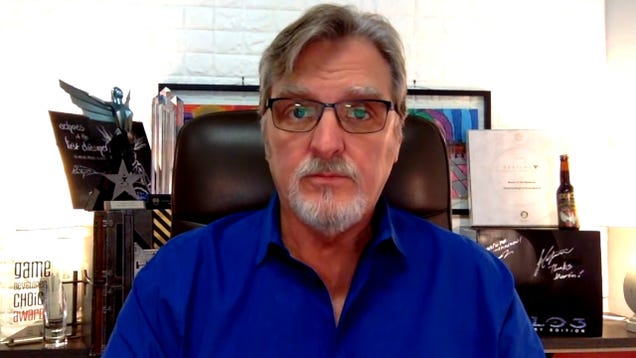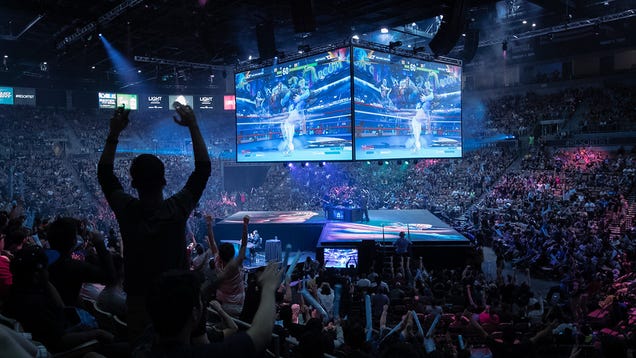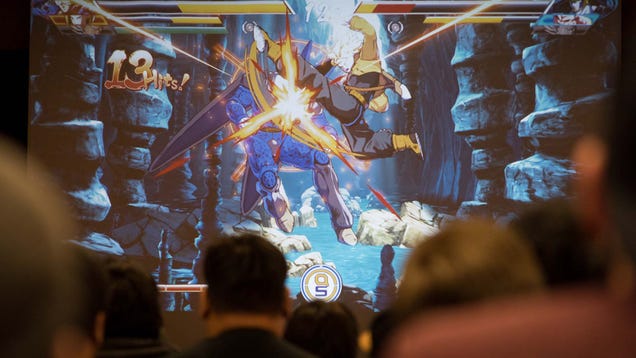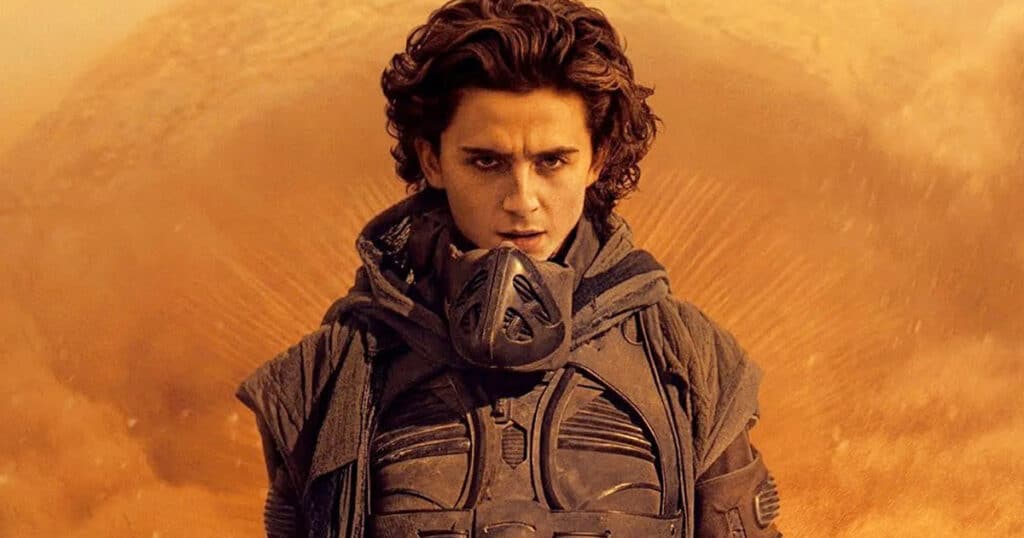

Few things are more frustrating when you’re an actor than having your scenes cut from a project. Especially if the project in question is one of the year’s most celebrated releases. Unfortunately for Tim Blake Nelson (The Ballad of Buster Scruggs, Holes, The Incredible Hulk), his part in Dune: Part Two is on the cutting room floor, and the film’s director, Denis Villeneuve, has no intention of sharing his scenes with audiences. It’s nothing personal; it’s just the way things shook out.
Speaking with Collider about editing the second chapter of his science-fiction opus, Villeneuve said he’s “a strong believer that when it’s not in the movie, it’s dead.” In other words, don’t count on the Blu-ray release for Dune: Part Two to have deleted scenes as part of the physical release’s bonus features. “Sometimes I remove shots and I say, ‘I cannot believe I’m cutting this out. I feel like a samurai opening my gut. It’s painful, so I cannot go back after that and create a Frankenstein and try to reanimate things that I killed. It’s too painful. When it’s dead, it’s dead, and it’s dead for a reason. But yes, it is a painful project, but it is my job. The movie prevails. I’m very severe in the editing room. I’m not thinking about my ego, I’m thinking about the movie …. I kill darlings, and it’s painful for me.”
Villeneuve maintains there’s a method for his madness. He’s made movies of varying lengths, and the final product is always deliberate in its presentation. He believes movies have momentum. If you don’t adhere to the flow, the story or impact of the project could get lost. He’s not the first filmmaker to feel this way. Christopher Nolan and Martin Scorsese observe the same rule.
Regarding Tim Blake Nelson, Villeneuve cut the actor’s scenes entirely. Speaking with Movieweb about the loss, Nelson said, “I don’t think I’m at liberty to say what the scene was. I’d leave that to Denis if he wants to talk about it. I had a great time over there shooting it. And then he had to cut it because he thought the movie was too long. And I am heartbroken over that, but there’s no hard feelings. I loved it, and I can’t wait to do something else with him and we certainly plan to do that.”
While digging into Nelson’s mystery role, some sleuths suggest he could have played Count Hasimir Fenring, an assassin, and advisor to the Emperor (Christopher Walken), who is married to Lady Fenring (Léa Seydoux). Hasimir could show up in Dune: Messiah if Warner Bros. gives Villeneuve the green light to make a third entry in the series. While we’re on the subject, I’ll eat my hat if we don’t get Dune: Messiah. You don’t make the kind of money Dune: Part Two is making without wanting to finish the story.
Another actor cut from the film is Stephen McKinley Henderson, who played the House Atreides Mentat Thufir Hawat (say that three times fast) in Dune: Part One. “One of the most painful choices for me on this one was [to not include] Thufir Hawat,” Villeneuve told Entertainment Weekly. “He’s a character I absolutely love, but I decided right at the beginning that I was making a Bene Gesserit adaptation. That meant that Mentats are not as present as they should be, but it’s the nature of the adaptation.”
Would you be interested in seeing deleted scenes from Dune: Part Two? Would the movie have been even better with Nelson’s Count Hasimir Fenring in the mix? Let us know in the comments section below.
The post A cut actor from Dune: Part Two expresses their disappointment as Villeneuve says deleted scenes will not be shared appeared first on JoBlo.
